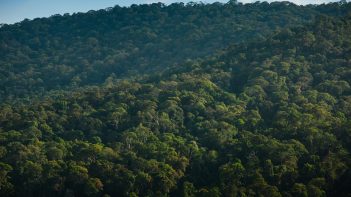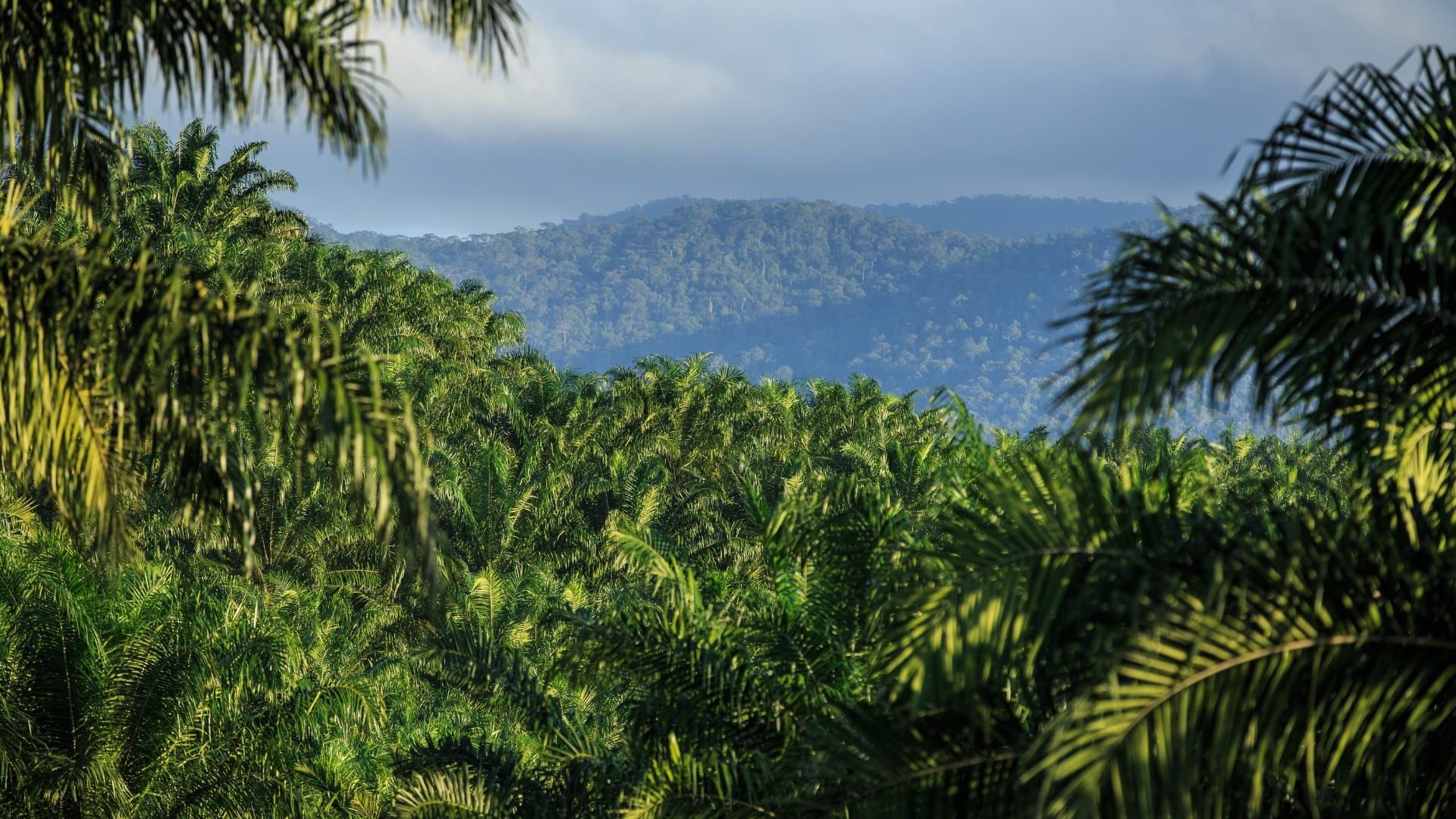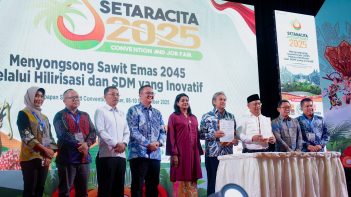Dear André Corrêa do Lago COP30 President and Ana Toni COP30 Executive Director,
As we approach a pivotal COP30 in Brazil, we find ourselves at a critical juncture for our planet. This year’s conference comes as we have surpassed a crucial deadline set at the outset of the Paris Agreement – for each country to outline how they will work to ensure the Earth stays within the safe boundary of 1.5 °C. So far, only a handful of countries have resubmitted their Nationally Determined Contributions (NDCs).
For the countries that have submitted, several have centred on tackling deforestation within their plans, some of which have significant palm oil production, including Brazil. The next step is outlining the road maps to achieving these plans. At the Roundtable on Sustainable Palm Oil (RSPO), we are committed to supporting the solutions needed to develop a globally secure food system with sustainable agriculture.
RSPO mandates the protection of forests, including areas with High Conservation Value (HCV) and High Carbon Stock (HCS). As of 31 December 2024, RSPO Members have conserved more than 425,000 hectares across 21 countries – forests that are now actively managed for protection. In Brazil alone, RSPO Certified producers have safeguarded more than 80,000 hectares, making it the third-largest country with conserved areas under RSPO Certification.
In Latin America, RSPO Certified Sustainable Palm Oil (CSPO) now represents 34.8% of regional palm oil production. As members continue to work towards certification, there is potential for nearly 75% of all palm oil in the region to be RSPO Certified in a few years.
Aligned with the COP30 Presidency’s call for Member countries to submit updated and enhanced NDCs, we urge all countries to include commitments to halting deforestation, land degradation and land use change. Despite the significant impact of land use on global emissions and climate resilience, far too few have included this in their submissions.
For palm oil-producing countries whose NDCs aim to identify ways to incentivise, finance and support a deforestation-free sector, the RSPO provides essential standards and systems to boost the protection of forests and support smallholders and producers investing in sustainable agriculture, whilst reducing climate impacts. A comprehensive study showed that RSPO Certified Sustainable Palm Oil has a 35% lower climate change impact compared to non-certified palm oil.
Beyond certification, we are also piloting restoration and rehabilitation efforts. In Moju, Pará – in the heart of the Brazilian Amazon – our members are working on a 316.55-hectare pilot project focused on ecosystem recovery. These efforts are important, but they come at a cost. And today, the cost of protecting biodiversity is still borne primarily by producers.
And it’s not just palm oil – demand for other vegetable oils is growing, by 2050 it is expected we will need a 14% increase in production to service the market, potentially threatening biodiversity and causing negative social impacts. We need to encourage sustainable production methods across all commodities, supported by rigorous certifications to ensure the protection of biodiversity and land, learning from the RSPO initiative.
Protecting biodiversity isn’t a burden—it’s a vital investment in our collective future. But this responsibility can’t rest on the private sector alone. Certification systems like the RSPO already provide frameworks to help governments build upon and offer proven tools to monitor and manage ecosystems effectively. These efforts should be more explicitly recognised through policies and regulations on deforestation.
As COP30 draws near, it’s time for a united shift: from voluntary action to systemic change, from fragmentation to alignment, and from NDCs to meaningful implementation.
Signed,
The Roundtable on Sustainable Palm Oil (RSPO)
——
Keep reading

Translations of the 2024 RSPO Standards Now Available
RSPO accepted in the Netherlands as a private control system for EUDR

RSPO x JaSPON Conference and Member Engagement Forum 2025 Spotlights Japan’s Sustainability Success and Market Growth
Call for Expression of Interest: Independent Investigation of a Complaint
Call for Expression of Interest: Mexico National Interpretation Task Force for 2024 RSPO Principles and Criteria (RSPO P&C) and Independent Smallholder (ISH) Standard

RSPO–APKASINDO Partnership to Boost Inclusive Growth, Certification, and Market Access for Oil Palm Smallholders

Open Letter to COP30 President: Integrating Forests and Biodiversity: A Policy Central to Paris Agreement Success

Bridging the Auditing Divide: Key Takeaways from the RSPO Assurance Forum 11





